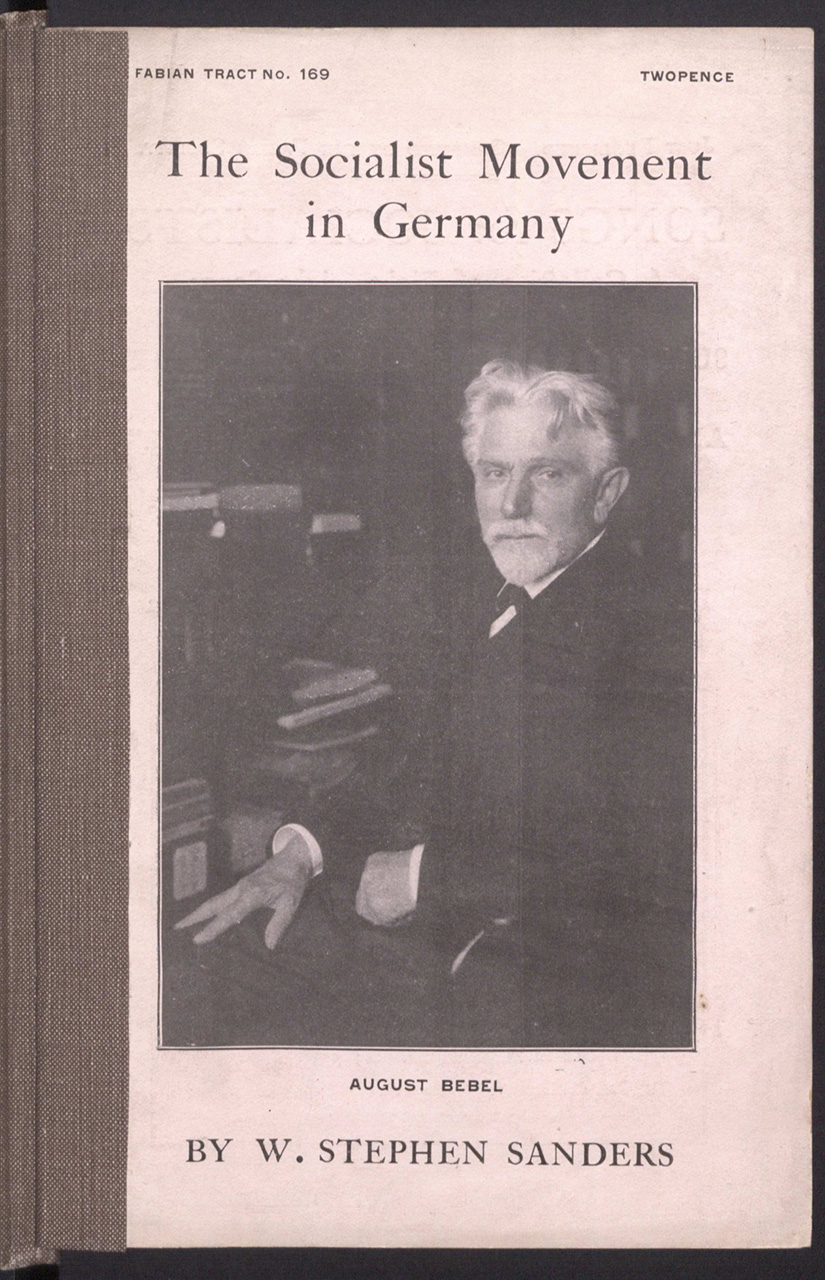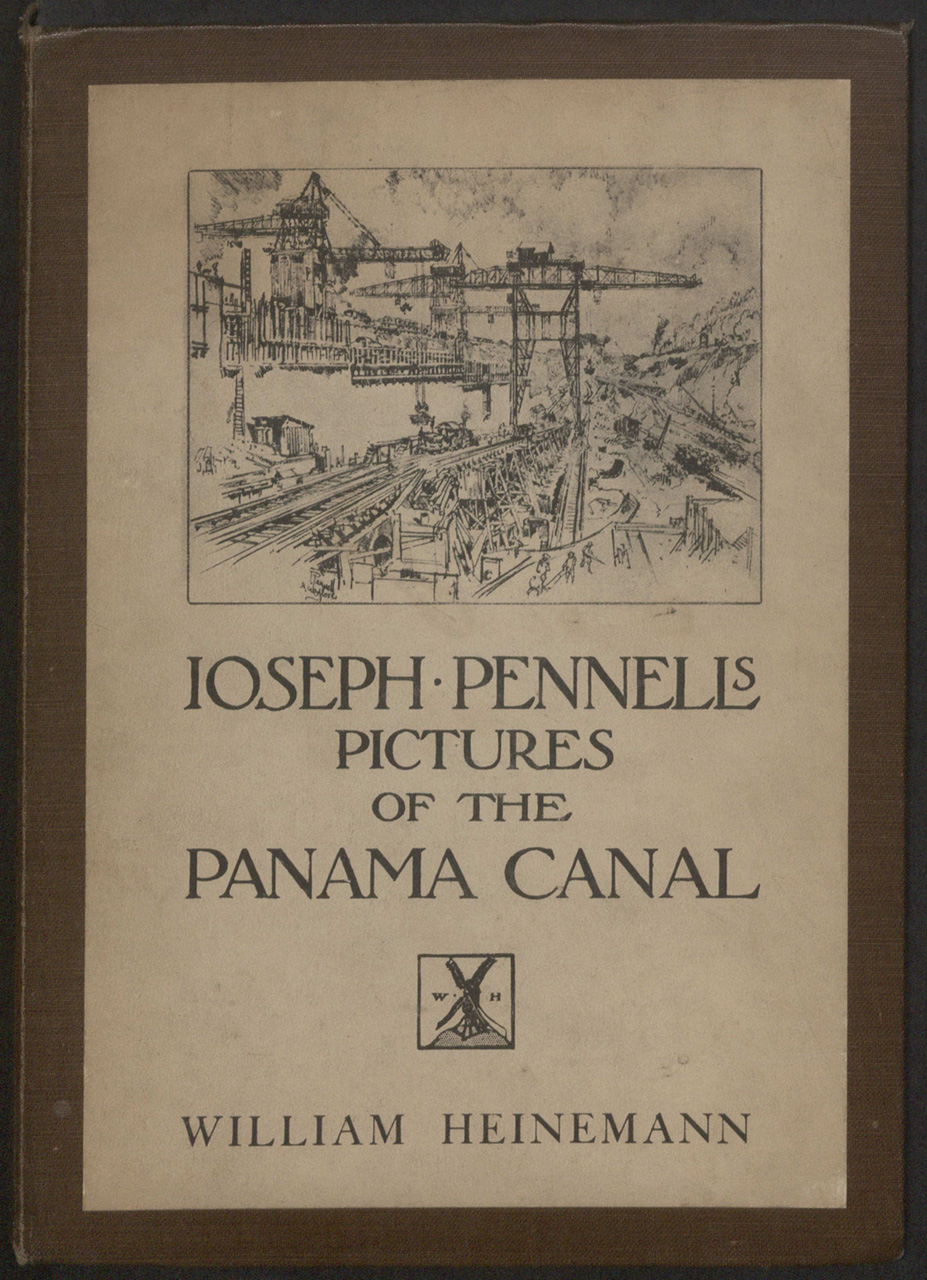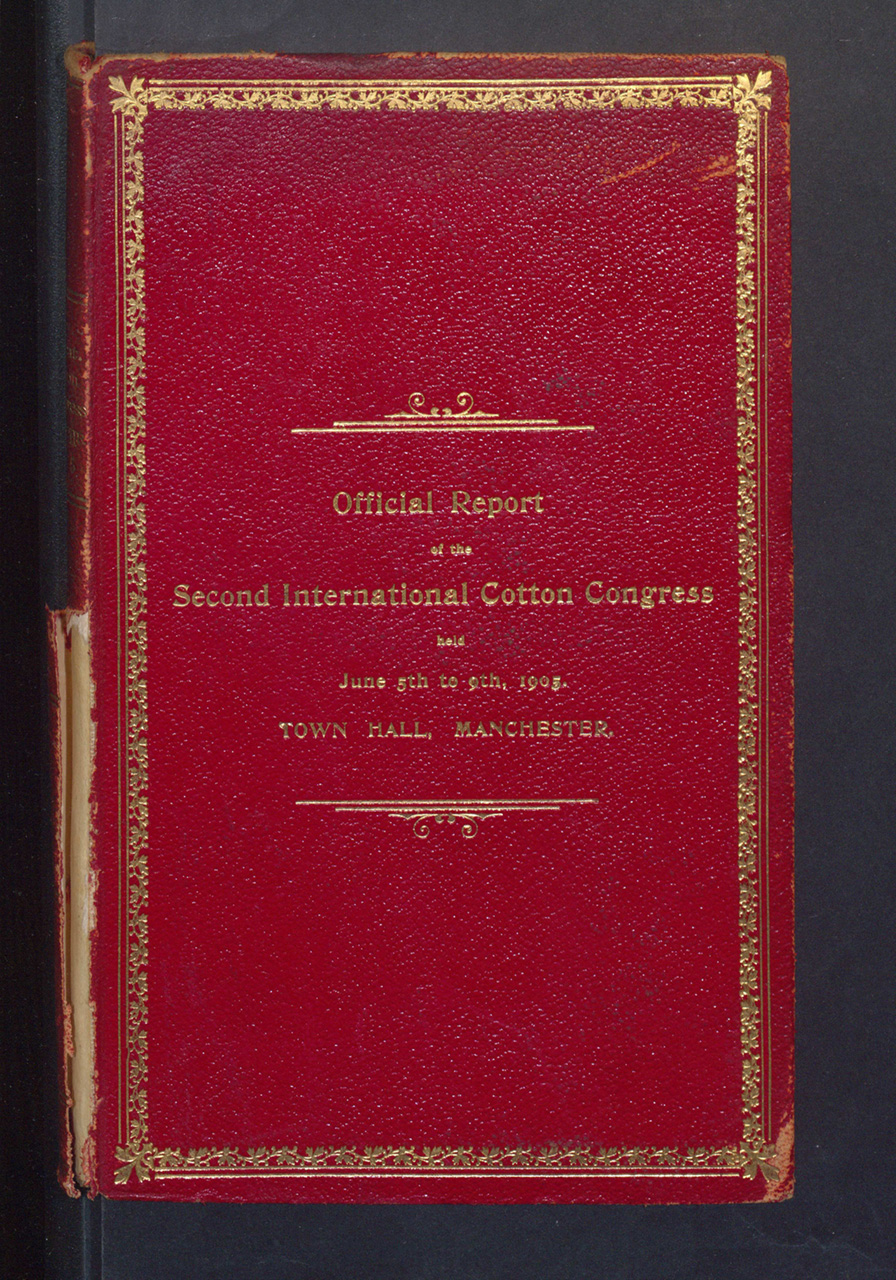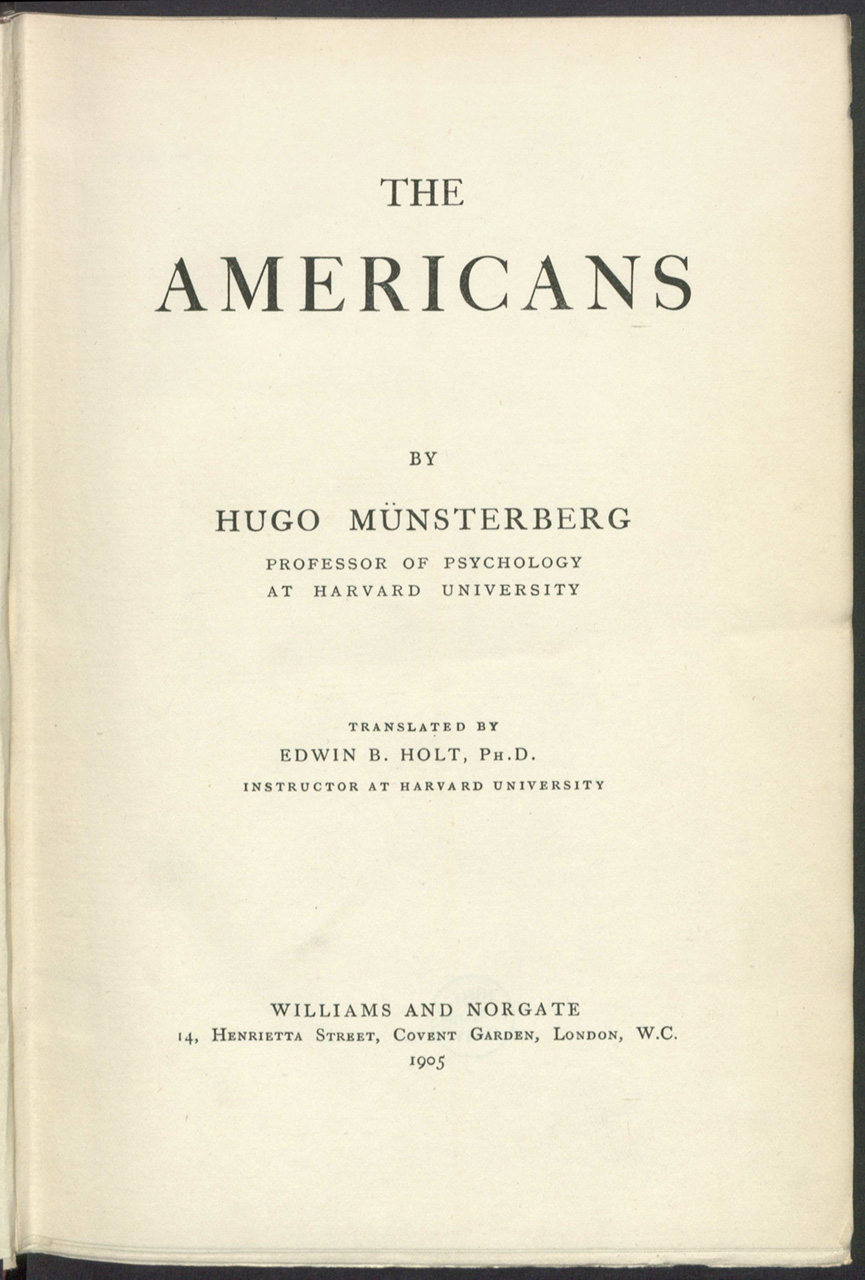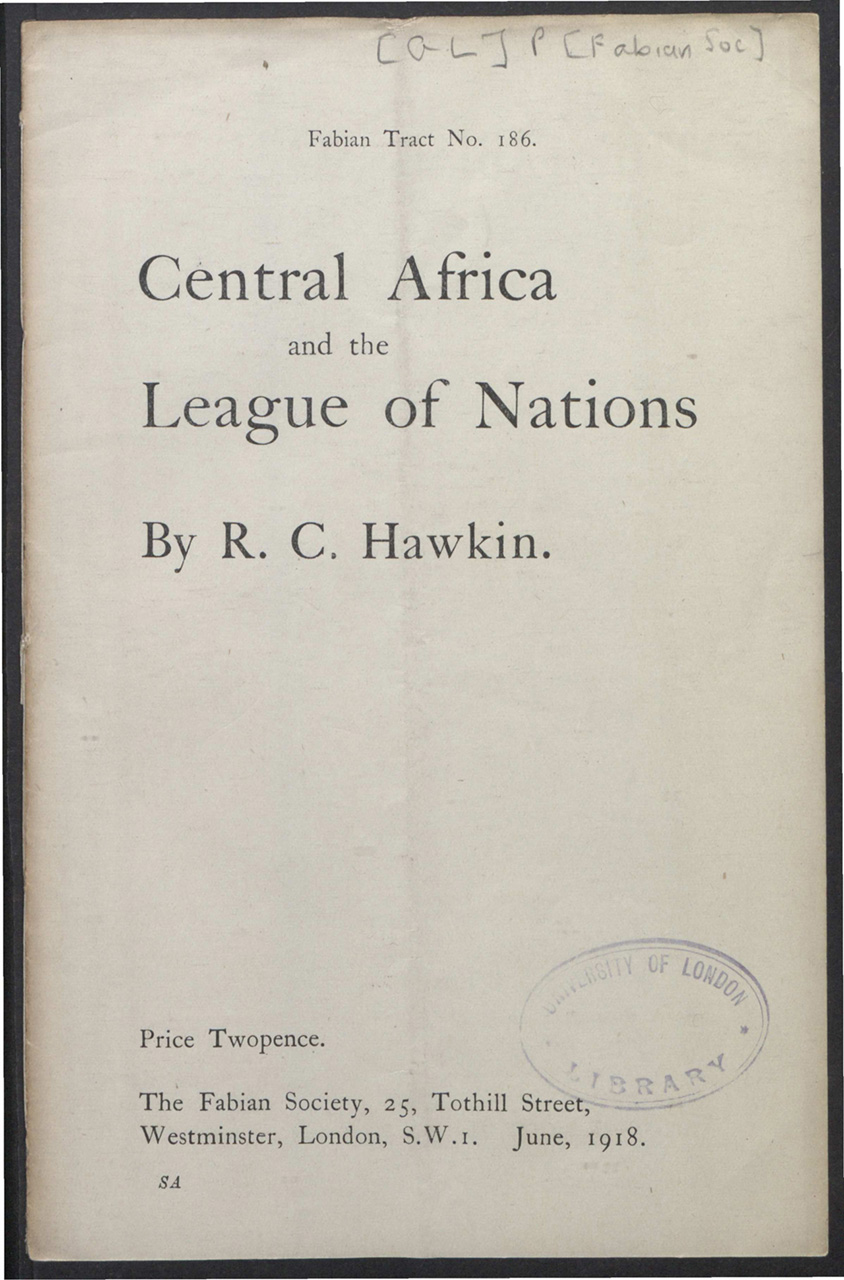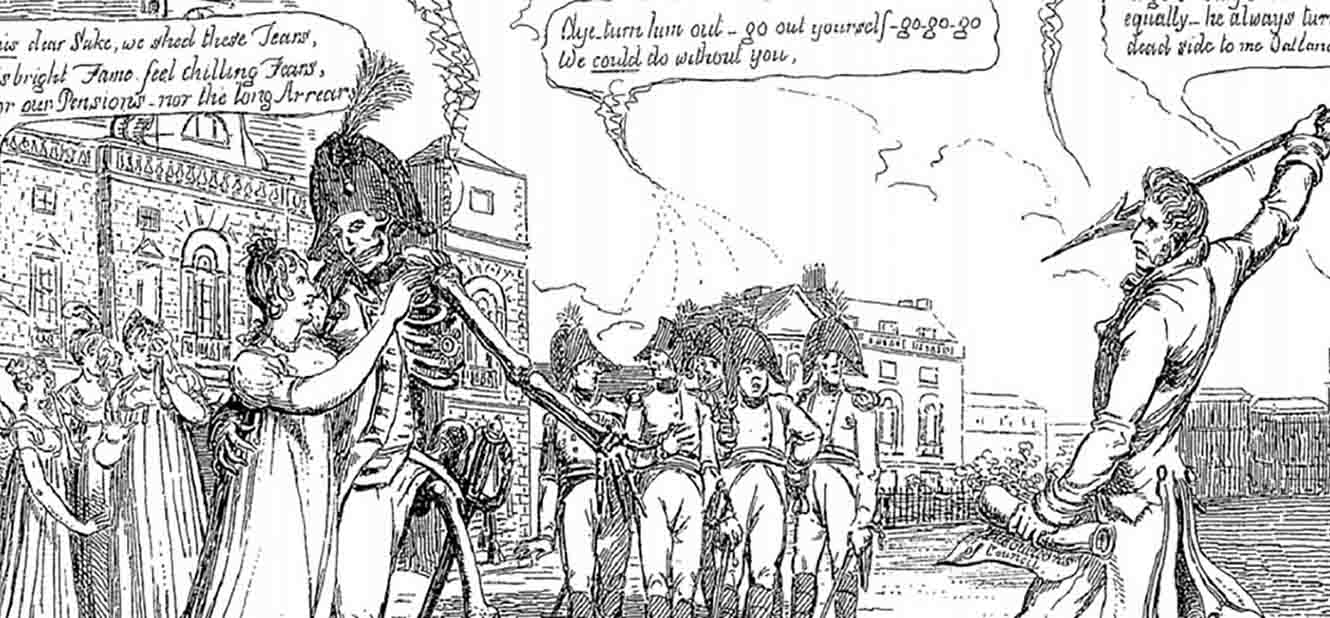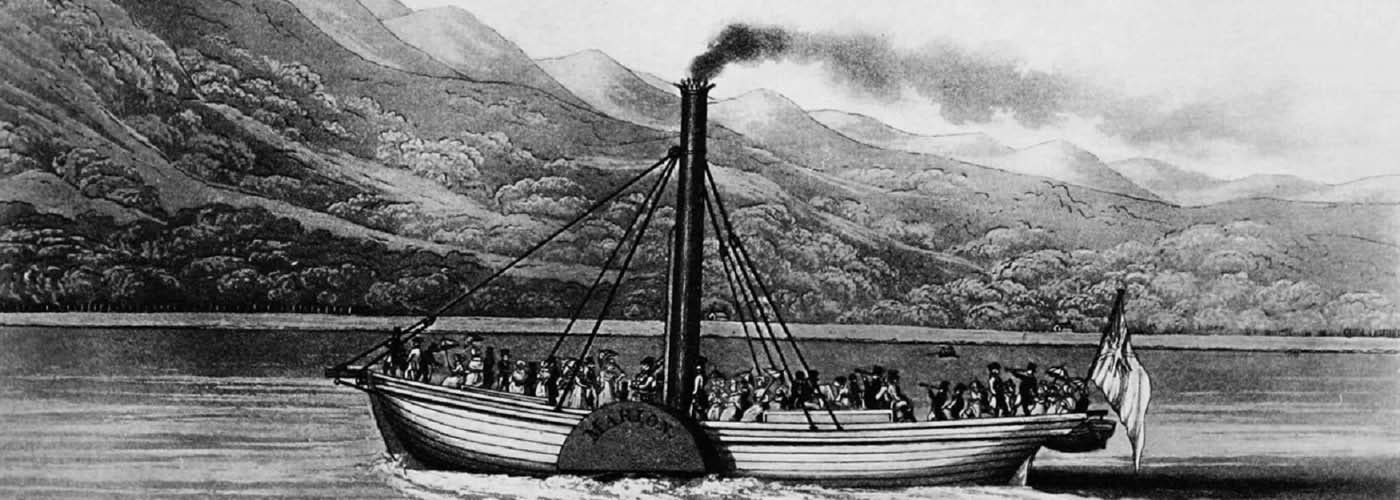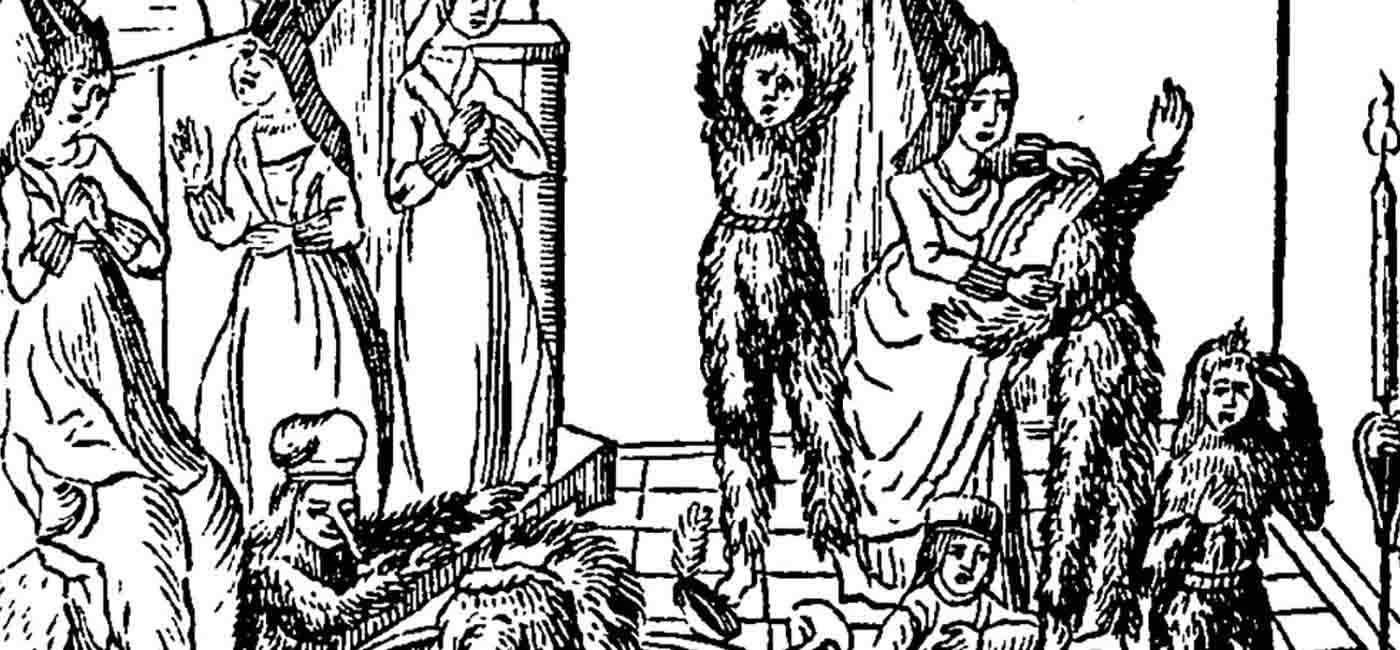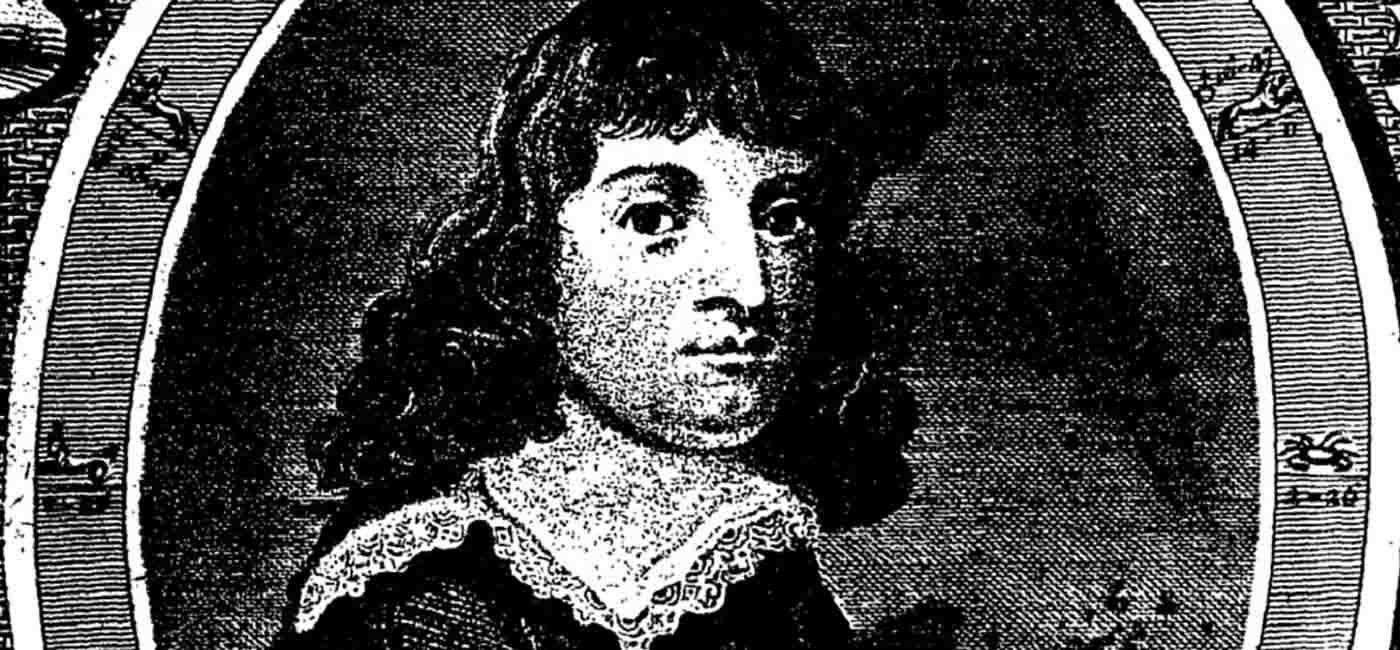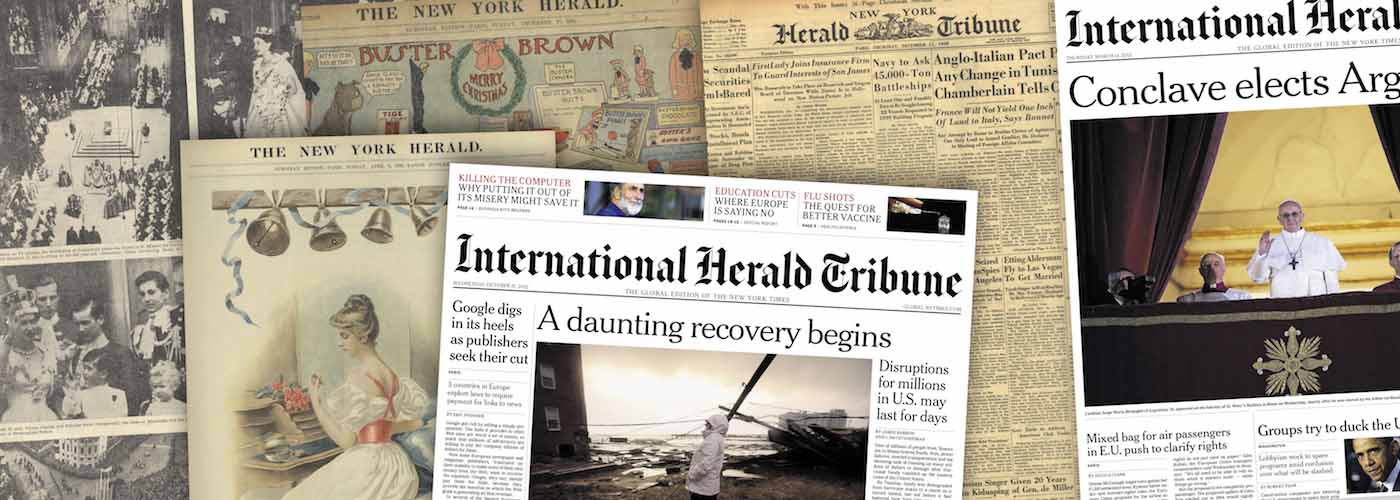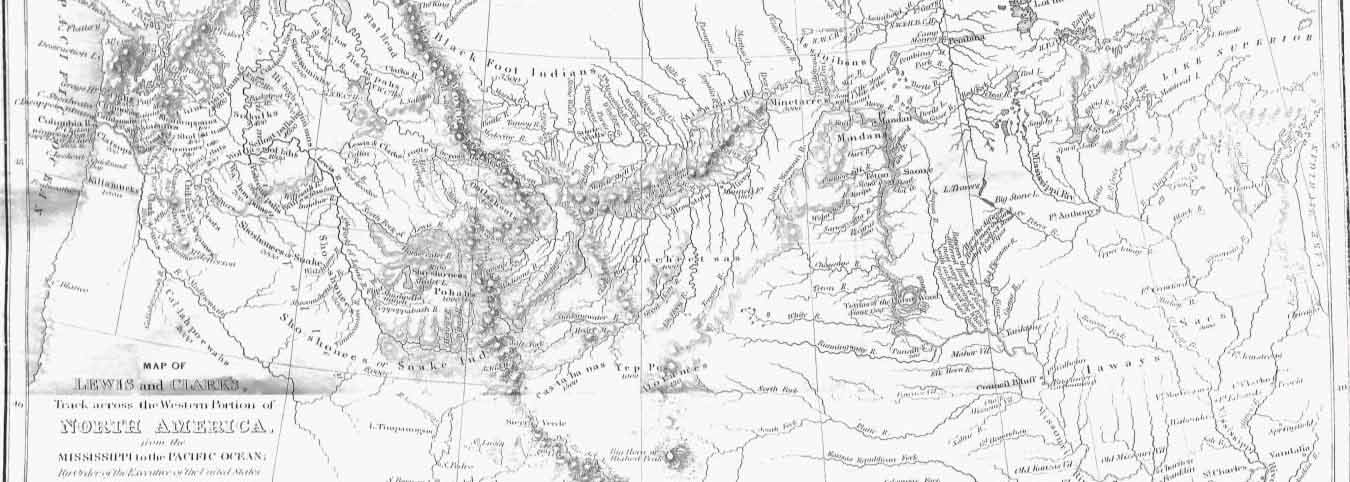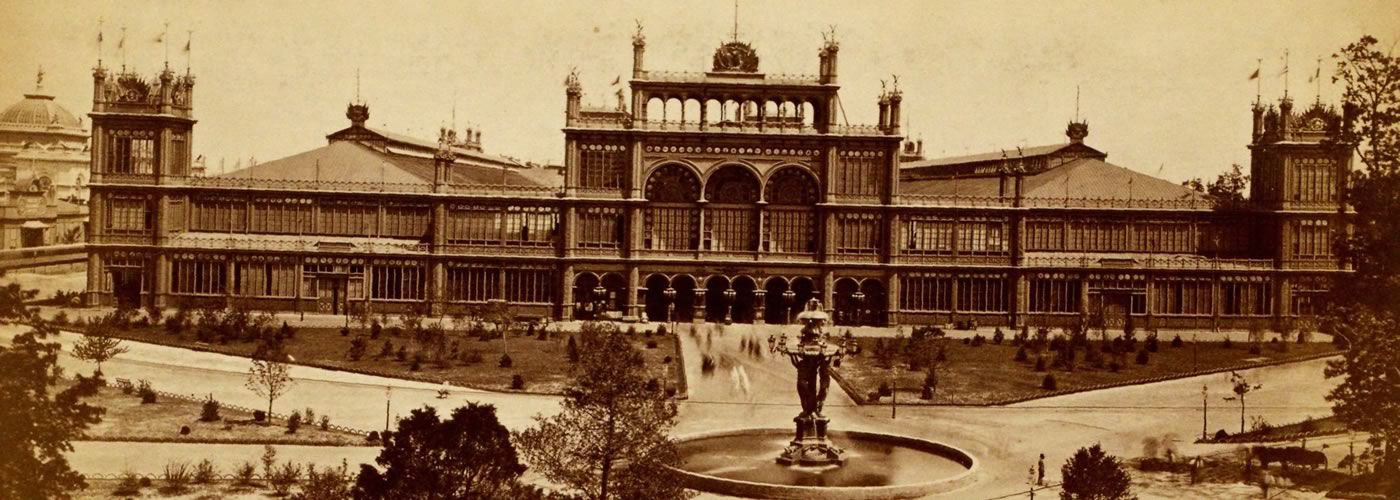Explore a rich collection of monographs central to the course of the twentieth century.
The Making of the Modern World, Part III: 1890–1945 takes The Making of the Modern World series deeper into the twentieth century covering the key events that have shaped the modern world. Beyond the study of economic thought, the collection provides an invaluable resource for the studying of social forces unleashed by the economy.
This collection is comprised largely of monographs and periodicals from the prestigious Senate House and Goldsmiths’ Libraries, offering transnational coverage in an area of vital interest to historians—political economy. The works included are of interest to scholars in European and world history and meet the desire for more twentieth century content taking the collection past the First World War, the Great Depression, and the Second World War.
The Making of the Modern World, Part III: 1890–1945 also provides users with exclusive inroads into general political and philosophical thought of the period. This collection is of particular value to anyone with an interest in early twentieth century history, political science, philosophy, business/economic law, and women's studies.
The Making of the Modern World, Part III: 1890–1945 build on the previously published archives overlapping Part II, 1851-1914 chronologically with no duplication of content. The content is sourced from one of the world's premier repositories —the Senate House Library at the University of London.
Topics include:
- Expansion of Communism and Capitalism
- Production and trade as it relates to the role of the state
- History of immigration and its impact on our economy
- The emergence of the middle class
- Temprance movements
- Women's labor organizations

Gale Primary Sources | Gale Review Blog
Archives Explored | Gale Digital Scholar Lab | Sign up for Updates

Look Inside
Additional Details
subjects covered
- African Studies
- European Studies
- Humanities & Social Sciences
- Religion & Philosophy
- U.S. History
Platform Features & Tools
Term Frequency
Researchers can see the frequency of search terms within sets of content to begin identifying central themes and assessing how individuals, places, events, and ideas interact and develop over time.
Topic Finder
By grouping commonly occurring themes, this tool reveals hidden connections within search terms—helping to shape research by integrating diverse content with relevant information.
Cross-Search Capability
Search across the content of complementary primary source products, including books, in one united, intuitive environment, enabling innovative new research connections.
Reviews & Testimonials
“. . . [The two rare book libraries] are comprehensive in their coverage; they contain, in some cases, the only known extant copies of certain works, and they include numerous books of fascinating provenance — books from the personal libraries of such personages as Adam Smith, Lord Sheffield, David Ricardo, John Locke, Jeremy Bentham, William Wilberforce, Robert Owen, Sir Robert Peel, William Wordsworth and Karl Marx.”
One of the great miracles of the internet is that scholars can do full text searches of thousands, actually in this case, of a million pages of key sources. With this latest installment of the University of London’s Goldsmith-Kress collection on economic history, scholars will have easy access to important works from the Gilded Age, when the British empire was so dominant. While the focus of the books in this collection is on economics and trade, these sources are critical for social and intellectual history. Now that Gale has made so much available, from the Making of Modern Law, to the Sabin Americana, and the Nineteenth Century US Newspapers, to the grand and enormous Making of the Modern World, scholars can focus their energies on the critical task of interpreting rather than gather information. Gale’s databases are absolutely foundational to the expansion of knowledge about history, law, and economics from the birth of printing to the twentieth century.


